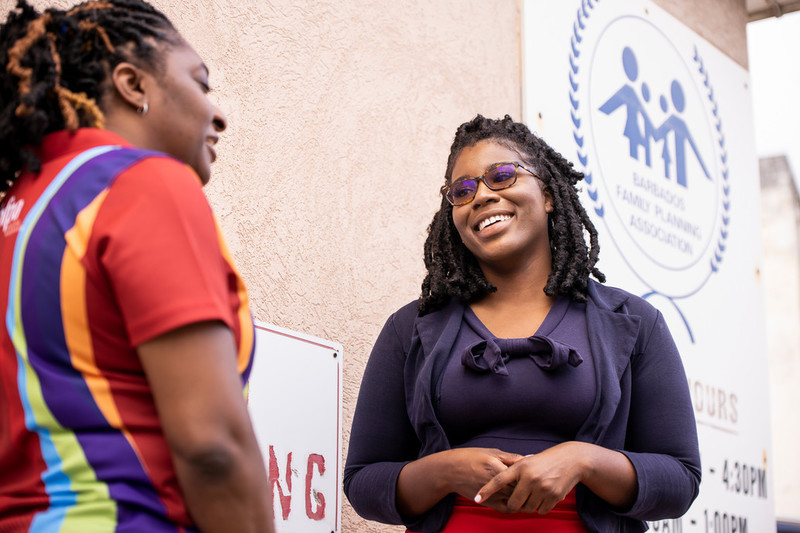Our Humanitarian Programme provides a distinct model for sexual and reproductive health and rights in crises, connecting key elements of humanitarian action with long-term development. We are one of the world’s largest provider of sexual and reproductive healthcare in emergencies.
Women’s need for reproductive health care is not suspended in crises. One-quarter of people affected by crises are women and girls aged 15-49. One in five women are likely to be pregnant and one and five of all deliveries will experience complications. In crisis settings there is also a heightened risk of early marriage, rape and sexual violence, unsafe abortions and unattended births. Transmission rates of STIs, including HIV, increase in emergencies.
During crises we work closely with our clinics on the ground to deliver life-saving care to people in need. Our mobile health clinics provide on the spot services such as STI and HIV diagnosis and treatment, short and long-acting contraception, and emergency obstetric and neonatal care.


















